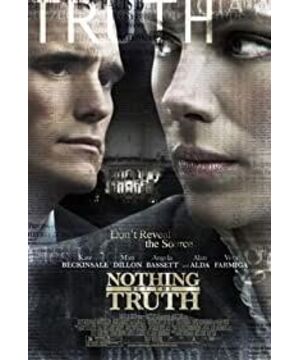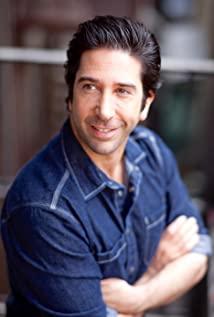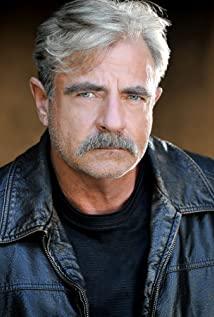In fact, once any institution has formed a certain size, it must be ruthless, because it serves most people, but there is never a lack of personal glory in it. This story can be divided into three main forces, Rachel, who represents the public opinion media, Patton, the prosecutor who represents the government, and Erica, who represents the few who have been abandoned for the benefit of the majority.
Needless to say about the ruthlessness of the government, the film uses a lot of space to describe, including Rachel's torture and extortion of confessions, distrust and even threats to erica, under the guise of national security, these acts are endowed with huge rights and justice, This is helpless. But look at the individual, like patton said when rachel was released from detention, he is not wrong, it is his job, it is his principle to catch traitors, just like rachel, he is also sticking to his own principles .
The media seems to be portrayed as the weak in the film, but in fact the weak are just individual reporters, individuals. During Rachel's detention, the media were still making gimmicks, seemingly defending their heroes and upholding justice, but they were just creating topics and attracting attention. When they found that Rachel was no longer newsworthy and people were not paying attention to this event, this "hero" "Of course it was forgotten. There are several fragmentary scenes in the first half of the film. Due to the pursuit of media reporters, erica lost the right to read for her children, and her children lost the right to go back to school, which is also a sin brought by the media. Seeing the individual, we can divide the character rachel into two phases in the film. Before erica's death, she represented the entire media, in order to create valuable news, for personal utilitarian intentions, and for media effects, she hurt erica's life, and indirectly led to erica's murder. In the first half, I am very hate this character; but after erica died, even the public no longer supported her, and when her husband left him, she still insisted, not only because of principles, but also because she, like erica, She is a mother, and the film shows her regrets a lot, but since it has been like this, she must persevere. In the end, she broke out the brilliance of her humanity with 2 years of prison life.
And erica, she is the biggest victim of the whole incident. As an agent who has lost the favor of the president, her status has been deteriorating. Who knows that she will be exposed again soon, and she will be surrounded by all her enemies. At this time, even her husband and daughter will be separated She goes. Compared to Rachel, she never had a chance to choose, and even if she passed the lie detector, no one believed her. As I mentioned earlier, the ruthlessness of a large institution is because it must protect the rights of the vast majority, and the so-called "national security" is the right of the vast majority, and erica is only a representative of the remaining small number of people, Her tragic end was inevitable.
There are two scenes in the film that really moved me. In the first half, erica made a lot of cute gestures when she watched her daughter and her husband leave. Maybe she knew at that time that she was in a bad way. When the film came to an end, Rachel was watching Ray and her son leave. Having made a few similar gestures, the two clips easily connected me. In fact, the two of them have a lot in common. They both love children. Rachel is a parenting teacher, and Erica helps children tell stories. Their marriages have hidden many cracks, and they will collapse if there are problems. In the end, they are both institutions. Institutional victims.
All in all, this is a rare good film with a lot of room for thought
View more about Nothing But the Truth reviews











